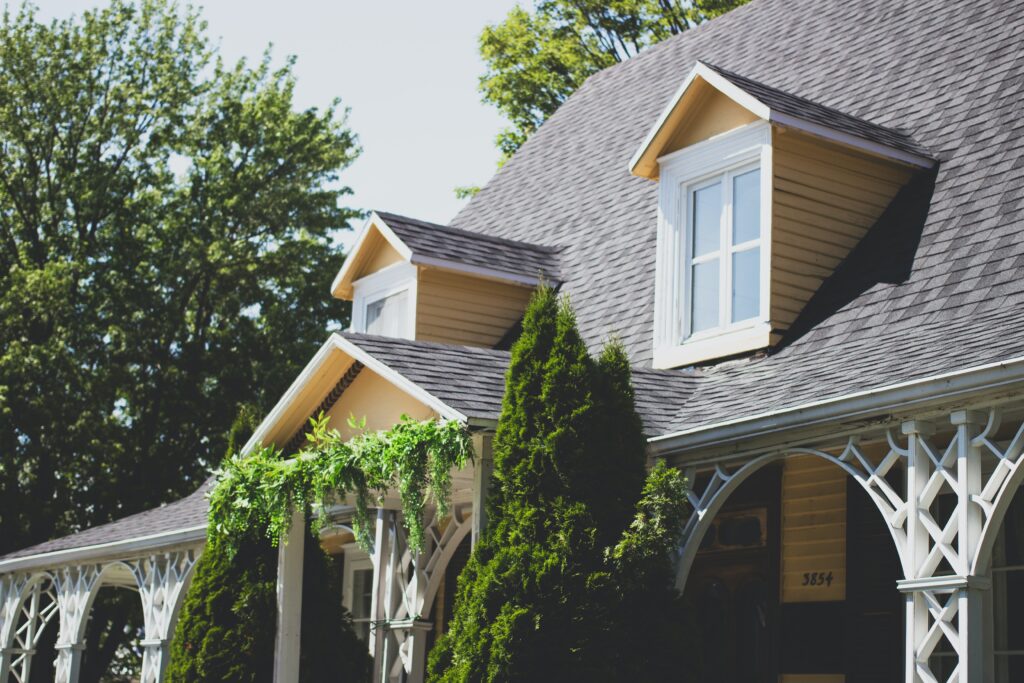In times of uncertainty we can at least rely on experts predictions and how the market has also responded in the last couple of years surrounding the pandemic.
Here we look to answer the following; if mortgage rates will fall, property prices stabilise and and if negative equity should be a concern.
-
Mortgage rates look set to return to 4 to 5% next year; these rates are set to become the standard for the future. Lower loans appear to have become a thing of the past.
-
Pandemic and cost-of-living factors will continue to drive home-movers in 2023.
-
A 5% fall in house prices next year could see most of the market’s current over-valuation reversed by December 2023.
Mortgage rates look set to fall in 2023
Events are moving fast in the worlds of politics and the financial markets.
Predictions are that mortgage rates will start to decline before the start of 2023 and this decline will continue into next year.
There are signs that the money markets are already adjusting to a changing political outlook where stability in the UK’s public finances is an imperative.
The big unknown remains how much further central banks need to move on interest rates to bring inflation under control.
A recent speech from the Bank of England suggested markets were over-estimating how much higher interest rates will rise. Only time will tell.
What is clear is that mortgage rates are not going to return to the ultra-low levels of recent years.
Home buyers will need to realise that mortgage rates of 4 to 5% are set to become the standard moving forward.
Spike in mortgage rates delivers a quick reality check for home buyers
Many homebuyers are continuing with their agreed purchases.
Others did not expect to be buying with mortgage rates three-times higher than they were at the beginning of the year and are sitting it out for the rest of 2022.
That said, the broader motivations to move home will remain into next year.
These searches will largely be supported by pandemic factors, including the need for more space and a home office, as well as cost-of-living pressures, including the need for homes that are cheaper to heat and run.
For many households, a move will come down to what they can get for their current home and what this value unlocks for their next one.
Are house prices set to fall in 2023?
Any price reductions will come out of equity for most households but it can take time before everyone who wants to move accepts these pricing adjustments.
However, we expect this adjustment process will be quicker than normal, given the step change in the outlook and the scale of recent price gains.
How much are mortgage rates affecting house prices?
The Good news for buyers and homeowners wishing to remortgage, mortgage rates look set to fall towards the end of this year and into 2023.
-
The money markets are already adjusting to the changing political outlook, where stability for the UK’s finances is essential.
-
Mortgage rates are expected to fall to 4-5% next year and this is likely to be the new norm. The days of ultra cheap money are now behind us.
-
A return to 5% mortgages will bring some stability to the housing market and is likely to reduce the need for sellers to drop their asking prices to achieve a sale.
Events are moving fast in the worlds of politics and the financial markets.
Already, the money markets are adjusting to a changing political outlook, where stability in the UK’s public finances is an imperative.
The big unknown that remains is how much further central banks will need to raise interest rates to bring inflation back under control.
A recent speech from the Bank of England suggested markets were over-estimating how much higher interest rates will rise. Only time will tell.
What is clear is that mortgage rates are not going to return to the ultra-low levels of recent years and home buyers need to adjust to the fact that 4-5% rates are set to become the norm in future.
Spike in mortgage rates makes housing less affordable
Tighter lending criteria inevitably impacts the buying power of new borrowers.
Lenders will now be testing affordability at up to 8% mortgage rates, squeezing that buying power even further.
Will mortgage rates keep rising in 2023?
The outlook for transactions and pricing in 2023 will all depend on what happens with the economy and with mortgage rates.
As buyers are affected by higher borrowing rates, so in turn are sellers, since reduced buying power will impact the asking prices sellers are able to achieve when marketing their homes.
The most important part of this equation is how long mortgage rates for new buyers stay at over 6%, and how quickly they might fall back to a more manageable 5%, a level we see as a tipping point for house price reductions.
Should mortgage rates fall back quickly in the next quarter, the outlook for next year will be very different, compared with the prospect of mortgage rates remaining at or above 6% for the next 12 months.
A return to 5% will bring some stability to the housing market and is likely to reduce the need for sellers to drop their asking prices to achieve a sale.
Equity of your home; should you be concerned about negative equity?
For many homeowners, the short answer is no. Even a 15% reduction in house prices would mean very few cases of negative equity for mortgaged sales up to the end of 2021.
-
The vast majority of buyers use the equity within their existing homes to help fund the purchase of their new ones, so most have a large equity cushion.
-
Only buyers who recently purchased a property with a high loan-to-value mortgage might be at risk of negative equity. And even then, the situation may only be temporary.
-
If mortgage rates were to stay above 6% for the majority of 2023, which we now believe to be much less likely, then UK house prices would need to fall back in order to reflect the buying power hit for those using mortgages.
Negative equity is not something the vast majority of homeowners need to worry about.
We calculate that a nationwide 10% reduction in house prices from today’s levels would result in very few cases of negative equity for mortgaged sales up to the end of 2021.
That’s because most buyers are using the equity within their existing homes to help them to secure their next ones.
Only buyers who recently purchased a property with a high loan-to-value mortgage could be at risk. And even then, the situation may only be temporary.
Mortgage rates remaining at 6% could lead to price falls
If mortgage rates were to stay above 6% for the majority of 2023, which is believed to be a lot less likely, then UK house prices would need to fall back in order to reflect the hit to the purchasing power of those buying with mortgages.
That said, strong UK-wide house price growth over the pandemic has added to the equity buffer for homeowners.
In fact, most new borrowers have not relied on large mortgages to pay for their homes.
Instead they have used savings, or existing equity, to help them to secure their new properties.
That means there is a huge equity buffer to absorb any reductions in sale price, and few people will experience going into negative equity.
Low exposure to negative equity from 10% price falls
A 10% decline in average prices would wipe out a sizable proportion of the value gains made over the pandemic.
Those losses would be most keenly felt in markets like London and Scotland, where lower price gains have been made since 2020.
However, a 10% decline would only result in a small handful of negative equity cases. And those would mainly be seen through purchases made in 2022 with high loan-to-value mortgages.
This highlights how the housing market has been increasingly driven by buyers using their existing equity, rather than those reliant on high loan-to-value mortgages.




